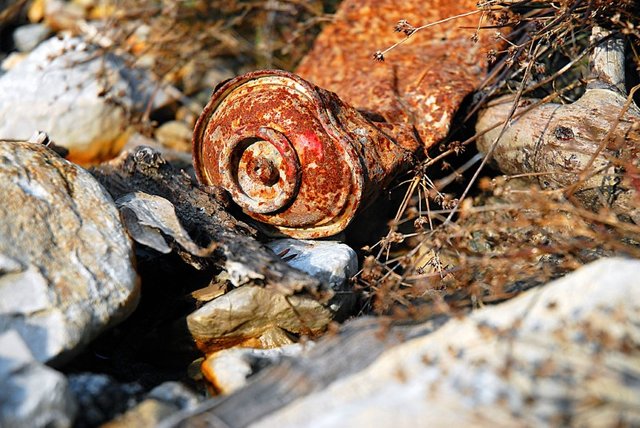What Would Happen if Pollution Doesn’t Stop?
As concerns about the state of the environment continue to escalate, politicians, governments and businesses are all being encouraged to address the issue and reduce pollution levels. However, there are still many parties out there who try and play down the effects of climate change and pollution, whether it be because of misled beliefs or (more likely) vested financial interests.What would happen if the climate change deniers succeeded? What would happen if we neglected the problem of pollution indefinitely? Our problems would be almost insurmountable, that’s for certain. Here are just a handful of the issues that would face the Earth and its inhabitants if we don’t check our polluting habits and start taking care of our planet.
Air Pollution
Concerns about the quality of the air we breathe have long been an issue in Britain. As far back as the 13thcentury, legislators outlawed the combustion of coal for fear of the frightful fumes it released. Of course, the economic benefits ostensibly outweighed the environmental and health concerns, and humanity has leapt from one pollutant practice to the next in the intervening near-millennium.Should air pollution go unchecked, we can expect our skies to become foggier and our oxygen harder to breathe. Not only will this mean personal discomfort and hazard (as is already experienced by more than a billion people in China and other Asian countries), but could also play havoc with agriculture. Mouting levels of CO2 in the Earth’s atmosphere would raise temperatures, melting the polar icecaps and raising sea levels. Furthermore, over-pollution of the skies would eventually block out the sun, not only leaving us cold and dark, but without any way of growing crops and feeding livestock. As well as the direct threat to our survival this obviously poses, it would also threaten our economy - as the European Environment Agency (EEA) has already found.
Water Pollution
According to the Environmental Protection Agency (EPA), between 1% and 11% of all marine life has succumbed to extinction every year of the 40-year period between 1975 and 2015. And it’s not only animals that are at risk – recent studies have linked water contamination with so-called "cancer villages" in China.Water pollution is generally caused by industrial run-off, unsanitary sewage deposits or disastrous oil spills. And the food chain has an uncanny way of coming back to bite you in the behind – though water pollution may only initially affect marine life, the laws of nature dictate that big fish eat the little ones. As the biggest (land-dwelling) fish of them all, humans are at risk of seeing the food pyramid topple beneath them if pollution continues. Practices like fracking may even sidestep the food chain altogether and directly contaminate our drinking water, as has latterly been confirmed in four US states.
Land Pollution
Fracking doesn’t only affect water supplies, either. A new report suggests that the practice could cause greater levels of soil pollution, too. Since the soil is the very foundation upon which we stand and upon which we depend to grow all of our crops, it might be an idea to take care of it. If unchecked, soil pollution could lead to extinction of all types of life upon planet Earth… including us.
